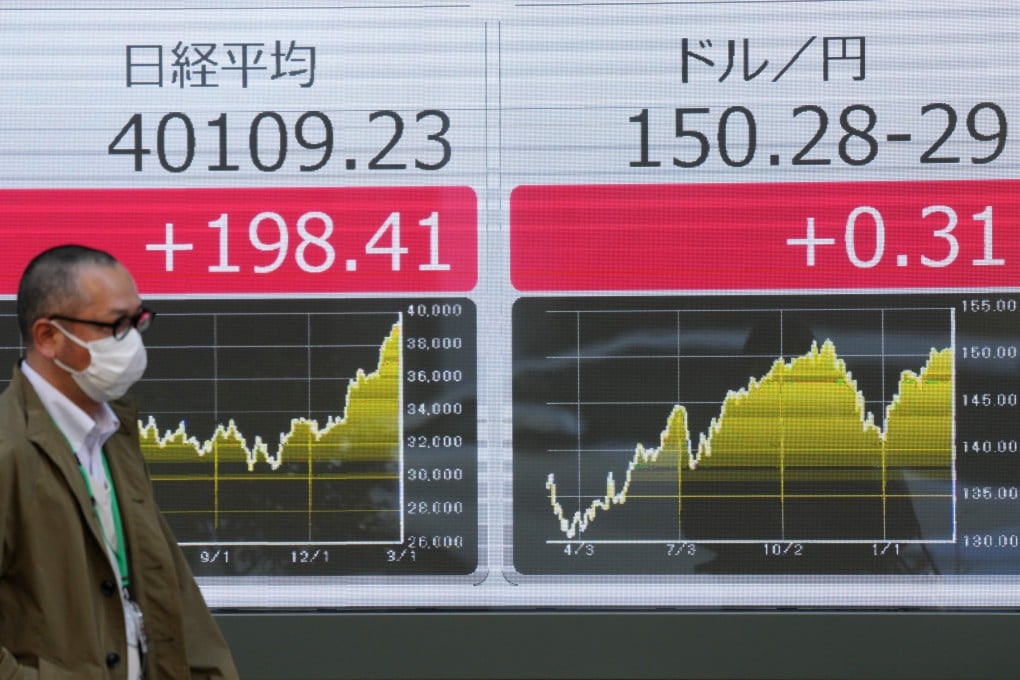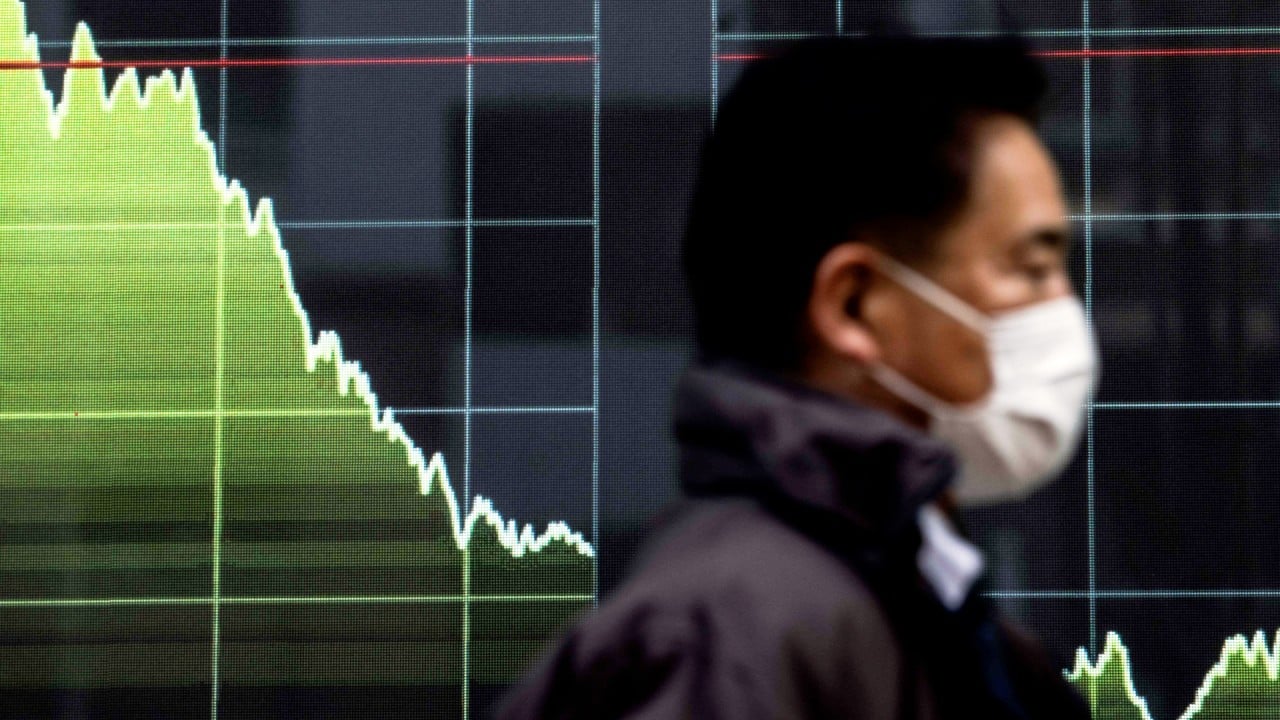Advertisement
The View | Why Japan’s Nikkei freak show should scare off Chinese investors
- The surge in Japan’s stock market looks out of place and unsustainable in an economy with a shrinking population and falling real wages
- Chinese investors shifting money to Japan in the hope of catching the wave should be wary of being left behind when this bubble pops – possibly this year
Reading Time:4 minutes
Why you can trust SCMP
2

The Bank of Japan’s monetary policy is powering the Nikkei index by shifting income from households to the corporate sector via inflation. Meanwhile, Japan’s economy is stuck in a recession and exports are no better than a decade ago.
The case that inflation will power the economy forward is a fantasy. Making people poorer will not make the economy richer. Declining competitiveness has been at the heart of Japan’s economic decline, and reviving inflation will not fix it.
The Japanese stock market seems to be partying like it was 1989. The benchmark Nikkei 225 index has now surpassed the record levels set during the bubble economy years, but the world now is nothing like it was in 1989. Back then, Japanese companies such as Sony, Panasonic and Toyota dominated consumers’ imagination around the world. Toyota is the only Japanese giant standing now, and even it is faltering amid the transition to electric vehicles.
Japan’s GDP was about 60 per cent of the US’ in 1989 but is just 16 per cent now. Its population is shrinking, the number of marriages fell below 500,000 last year for the first time in 90 years and the median age is nearly 50. The Nikkei might be having a party, but the revellers are wearing adult diapers.
Japanese exports reached a record 100.9 trillion yen last year, but in US dollar terms that was only worth US$680 billion thanks to the weak yen. The only good news was the 12.9 per cent year-on-year increase in the profits of the 1,430 listed companies on the Tokyo Stock Exchange.
When the whole economy is stagnant, the corporate sector can only gain at the expense of households. While nominal wages grew 1.2 per cent in Japan last year, they were down 2.5 per cent in real terms. A recession is to be expected when real incomes fall that much, and Japanese corporate earnings sustaining their growth in this environment is unthinkable.

Advertisement

